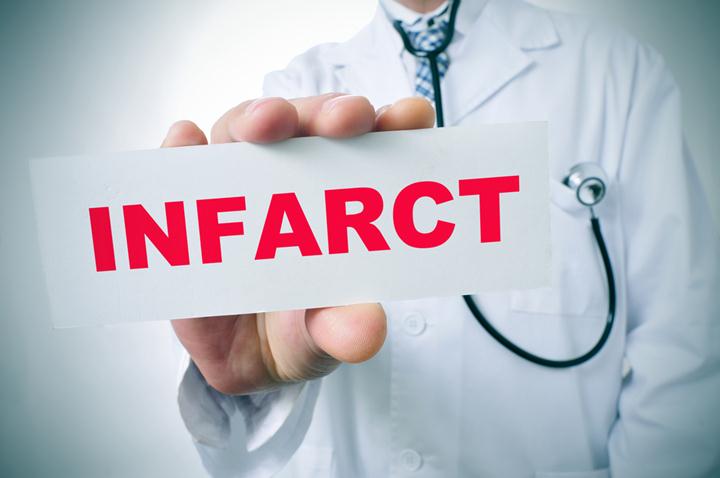Myocardial infarction, or more commonly referred to as a heart attack, is a major medical problem. Many facets of modern life, from detrimental dietary habits to stress-riddled lifestyles, an increasing number of people suffer from heart disease and undergo heart attack. Chest pain is the telltale symptom of myocardial infarction that most patients often neglect to heed. Another glaring sign is the sharp tension felt in the chest that people who are having a heart attack typically define as an elephant lying on their chest.
Besides the chest pain and tension, most patients also feel the same type of pressure in other regions of their upper body, including the jaw, neck, shoulders, and back. Some individuals undergoing myocardial infarction also report symptoms of nausea or vomiting, breathlessness, feeling faint, and cold sweats. If you experience any of these symptoms, it is imperative to seek medical attention as quickly as possible.
A heart attack happens when the blood flow to the heart gets severely cut off, resulting in the clogging of the arteries. Consequently, the heart tissue suffers critical damage. Acting fast in the case of myocardial infarction is of utmost importance.
How Is Myocardial Infarction Treated?
Upon your arrival to the emergency room, a team of medical professionals identifies the best possible treatment option for your specific case as not every victim of a heart gets the same treatment approach. The standard process, however, usually entails blood tests, an EKG, and an extended hospital stay for close monitoring and full recovery.
During your stay at the hospital, you should be expressive about your symptoms; for instance, you should let your doctor know if the severity of your chest pain increases even if slightly. There are medicines in use to restore the blood circulation to the heart such as nitroglycerin, which is one of the most preferred treatments for myocardial infarction. Most drugs involved in the treatment of myocardial infarction also address the symptom of chest pain. Your medical team may also see it fit to prescribe you anticoagulants (blood thinners), clot busters, or beta blockers to both ease symptoms as well as circumvent possible attacks in the future.
In certain cases, drugs on their own do not suffice, so you may require a procedure known as angioplasty, performed to restore correct blood flow to the heart. The procedure entails the insertion of a catheter in a blood vessel around the groin region where a balloon-type device is placed within the artery to unblock the clog.
A second surgical procedure is known as a coronary artery bypass, which again could be required to restore normal blood circulation to an obstructed coronary artery. Recovery period depends on the individual in each type of major surgical operation. Prior to getting discharged from the hospital, you might also require a pacemaker as an additional preventative measure.
Preventing myocardial infarction is doable. If you are aware of a family history of cardiovascular illness and heart attack, then you already know that you are at an increased danger of suffering from both, meaning you need to be even more mindful of risk factors.
You can deter heart disease and myocardial infarction by simply having a balanced, healthy diet, keeping extra weight off, managing your LDL cholesterol level, and making regular exercise an integral part of your daily life. While it is true that even those with fairly healthy lifestyle habits can also develop heart disease and undergo myocardial infarction, it is paramount to be familiar with your genetic history and go for regular medical check-ups as to be on the safe side.
Featured Image: depositphotos/nito103




